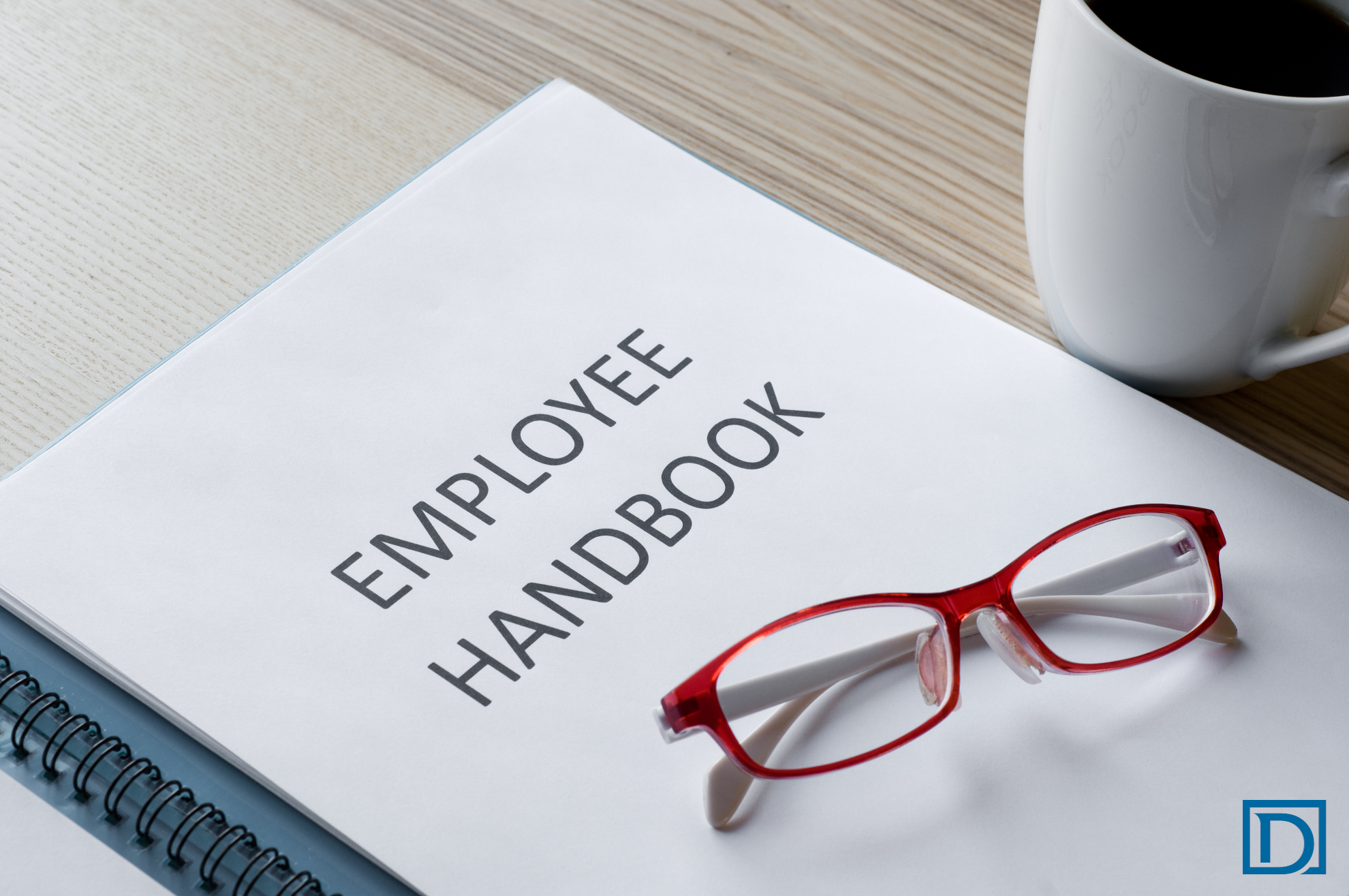 A recent Michigan Court of Appeals decision, Alberto v. Toyota Motor Corp., held that two high-level executives at Toyota Motor Corporation were not required to give depositions. The dispute in this case arose out of an incident where plaintiff’s decedent died while driving a Toyota vehicle, which suddenly accelerated.
A recent Michigan Court of Appeals decision, Alberto v. Toyota Motor Corp., held that two high-level executives at Toyota Motor Corporation were not required to give depositions. The dispute in this case arose out of an incident where plaintiff’s decedent died while driving a Toyota vehicle, which suddenly accelerated.
During the discovery phase, Plaintiff gave notice to take the depositions of two high-ranking executives at Toyota. Plaintiff alleged that the testimony was necessary because one executive had given testimony to Congress regarding the defective acceleration models while the other executive was involved in quality control.
Defendant moved to prevent the depositions arguing that the Toyota executives had not “engaged in or participated in the design, testing, manufacture, warnings, sale or distribution” of the automobile at issue. Defendant sought a protective order to prevent the depositions.
Prior to the decision in this case, Michigan applied the “apex deposition” rule solely to high-ranking government officials. The apex rule provides that before a party may take the deposition of a high-ranking government official, the party must show that the government official had superior or unique knowledge and information relevant to the issues being litigated. The rule also requires that the information sought cannot be obtained by a less intrusive method, such as by deposing lower ranking employees.
The Court of Appeals decision extends the apex deposition rule to high-ranking corporate officials. Citing public policy, the Michigan Court of Appeals determined that the rule will promote efficiency because frequent appearances in depositions will limit the ability of high-ranking officers to perform their job duties. Further, the Court of Appeals found that applying the apex rule to corporate officials would “prevent the use of depositions to annoy, harass, or unduly burden the parties.”
The Court of Appeals explained that this rule would not shift the burden for litigants seeking to depose a high-ranking corporate officer. The burden only shifts to the proponent of the deposition only “after the party opposing discovery has moved for a protective order and has made a showing regarding the lack of the proposed deponent’s personal knowledge and that other discovery methods could produce the required information.”
This article was written by Matthew Ehrlich, Legal Clerk at Demorest Law Firm.



